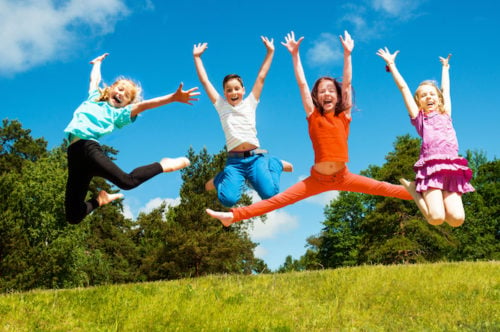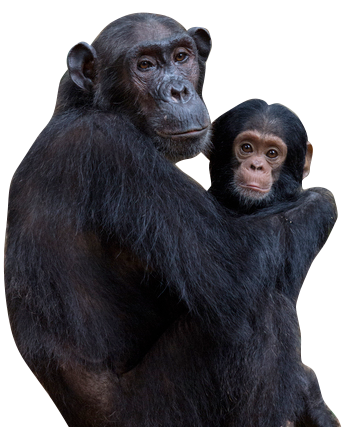What Are Feelings For?

Photo by Shmel
You have a date to see friends for dinner, but you’re feeling anxious, it’s nearly time to leave and the sitter hasn’t arrived. When she finally shows up an hour late, it’s hard to contain your anger. She can sense that you’re not happy and seems a bit frightened. Your face turns red with embarrassment when you realize that last night was the end of daylight savings time.
Emotions are frequent companions in our lives. They come and go, changing like the weather in April: sunny, rainy, stormy, mild or thunderous. Usually we find a reason why we’re happy or sad, embarrassed, or proud. But why would we have evolved emotional responses? What are emotions really good for?
Charles Darwin theorized that emotions are evolved expressions rather than purely cultural conditioned, and research by psychologist Paul Ekman (and others), showing that emotions are shared across the world supports Darwin’s idea. Although most people feel that emotions are one of the most personal, intimate, private expressions, an evolutionary understanding implies that they are, instead, impersonal mechanisms that we all share.
The basic emotions—fear, sorrow, disgust, anger, and joy—evolved as mechanisms to instigate behaviors appropriate to the environments of our distant ancestors. Take disgust, for example, which evolved to make an animal spit out rotten or poisonous food. You can observe this by giving your pet dog or cat a bitter substance to taste and noting its reaction, similar to your own: curling the upper lip, wrinkling the nose, etc. The animal is unconsciously attempting to constrict its facial orifices away from the nasty item in question.
The social emotions, like shame, serve to reinforce social bonds, signaling to one another that we are abiding by the appropriate tribal boundaries. Guilt signals that we’ve violated morals we believe in; embarrassment shows that we’ve made a fool out of ourselves. We feel pride when we’re acknowledged, praised, or otherwise recognized for having accomplished something valued by the group. All these emotions arise as part of responding to the perception of events in our environment. We evolved lo earn from emotions and they shape our behavior continually. Fundamentally we try to avoid unpleasant emotions and experience pleasant ones because they indicate situations that are either beneficial or harmful for us.






Comments 0